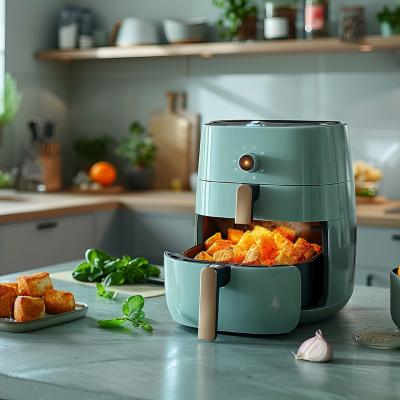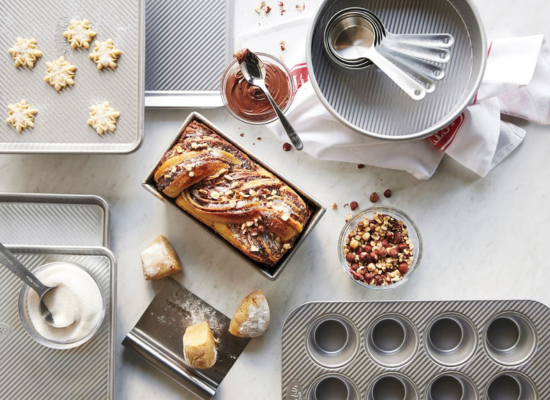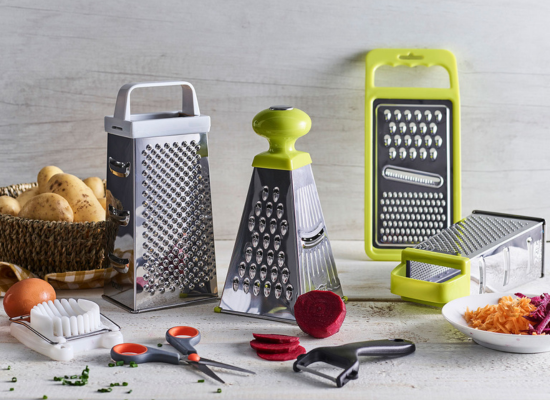
Cookies can be baked on foil depending on the type of cookie you are making and what the recipe calls for. But it is important to be careful and follow certain rules because the foil is a heat conductor and may result in over baking of cookies. When baked on foil, the cookies will not stick to the foil and can be easily removed after baking.
Keep reading to learn more on whether cookies can be baked on foil, how to bake cookies on foil, and more.
Baking Cookies on Foil
When baked on foil, cookies will have a crispy bottom. The foil helps to conduct heat and prevents the bottom of the cookie from staying soft and undercooked.
If you prefer a softer-bottomed cookie, you can place the foil on top of a baking sheet. This will create a barrier between the cookie and the direct heat of the oven.
Baking cookies on foil is a quick and easy way to enjoy your favorite treat. There is no need to worry about the cookies sticking or burning.
Which Cookies Are Suitable for Baking on Foil?
Not all cookies can be baked on a foil because some cookies require crisp and brown bottom whereas some require a soft bottom. Cookies that are crispy, brown, and hard-bottomed can be baked on foil.
Meringue Cookies
This is one cookie recipe that requires baking on aluminum foil to achieve the desired results.
The foil’s flexibility allows you to simply pull the entire sheet off the cookie sheet. Then, without using a knife to harm the bottom of the cookie, delicately remove each miniature meringue cookie away from the foil.
The aluminum foil also saves time in the kitchen because meringue cookies tend to adhere a little to a naked baking sheet, requiring washing before you’re done.
Bar Cookies
Aluminum foil is ideal for baking bar cookies like Ginger Molasses Bars or Oatmeal Shortbread Bars. If the pan isn’t prepped properly, these cookies will stick. Grease and lightly dust a square baking pan before baking.
Then line with heavy-duty aluminum foil, leaving a two-inch overhang so the entire bar can be easily removed from the pan after baking.
Make sure all four corners of the foil are well greased. Bake the batter within, remembering to reduce the baking time by a few minutes.
Remove the pan from the oven and cool on a rack after it has finished baking. Pull the cookie cake from the pan while it’s still warm by holding on to the foil.
Allow to cool completely on the rack before peeling away the foil. Cut the cookies into bars for a tasty treat for your family and friends.
Cookies That Are Not Suitable For Baking On Foil
Some cookies, like sugar cookies, are not suitable for baking on foil because they are delicate. Other cookies, like oatmeal cookies, can be baked on foil but may not result in the desired texture.
Sugar Cookies
Sugar cookies are delicate and can be easily overcooked. The high sugar content can cause the cookies to burn if they are baked on foil.
Oatmeal Cookies
Oatmeal cookies can be baked on foil, but they will not be as crisp. The foil can also cause the cookies to brown too quickly.
LEARN MORE: Can I Freeze Chicken Salad?
How to Bake Cookies on Foil
For baking cookies on foil, there are certain rules to follow. Follow the below steps to bake cookies on a foil.
- Grease the foil with butter or baking spray.
- Place the cookies on the foil, don’t overcrowd.
- Place foil over oven racks.
- And bake as per recipe.
Tips
- Reduce the temperature of the oven by 5 degrees.
- Use heavy aluminum foil from kitchen specialty stores.
- Using butter for greasing is preferred rather than baking spray.
- Place foil on top of a baking sheet to prevent burns.
What Happens When Cookies Are Baked on Foil?
Cookies can be baked on foil, but it is important to be careful. Foil is a heat conductor and can result in over baking of cookies.
When cookies are baked on foil, they can become overcooked. The foil conducts heat and can cause the bottom of the cookie to become crispy and brown.
If you prefer a softer-bottomed cookie, you can place the foil on top of a baking sheet. This will prevent the bottom of the cookie from getting crispy.
Another thing to consider when baking cookies on foil is that the foil can stick to the cookie.
If you are using non-stick foil, be sure to lightly grease the foil with cooking spray or butter. I properly greased, foil is a good option because you can just remove the cookies from the oven easily remove the cookies from the foil.
Again, baking cookies on foil reduces the baking time and temperature, saving you some time. But foil cannot be used in a microwave and convection oven for baking cookies. However, it can be used in an air fryer.
LEARN MORE: Can I Eat Chocolate With Braces?
Reasons for Not Baking Cookies on Foil
It’s easy to understand why you should never bake cookies on a foil-lined baking sheet: Because of aluminum’s natural conductivity characteristics, the sections of your cookie dough that come into direct contact with the foil are exposed to more concentrated heat than the remainder of your cookies.
The bottoms of your cookies (which come in direct touch with the aluminum foil) bake faster than the tops of your cookies, resulting in an inconsistent baking result (which are only exposed to the evenly distributed hot air in your oven).
That’s why cookies baked on foil-lined sheets have browner, crispier bottoms (that are occasionally scorched) than cookies baked on parchment paper.
Conclusion
So, can you bake cookies on foil? Absolutely! Just be sure to follow the steps outlined above and you’ll be sure to end up with perfectly baked cookies every time. And if not, well, at least you can say you gave it a try.
Who knows, maybe your overcooked, foil-baked cookies will be the next big thing.
After all, there’s no such thing as a bad cookie, right? So go ahead and bake those cookies on foil – just be sure to do it right!




Share and get 15% off!
Simply share this product on one of the following social networks and you will unlock 15% off!